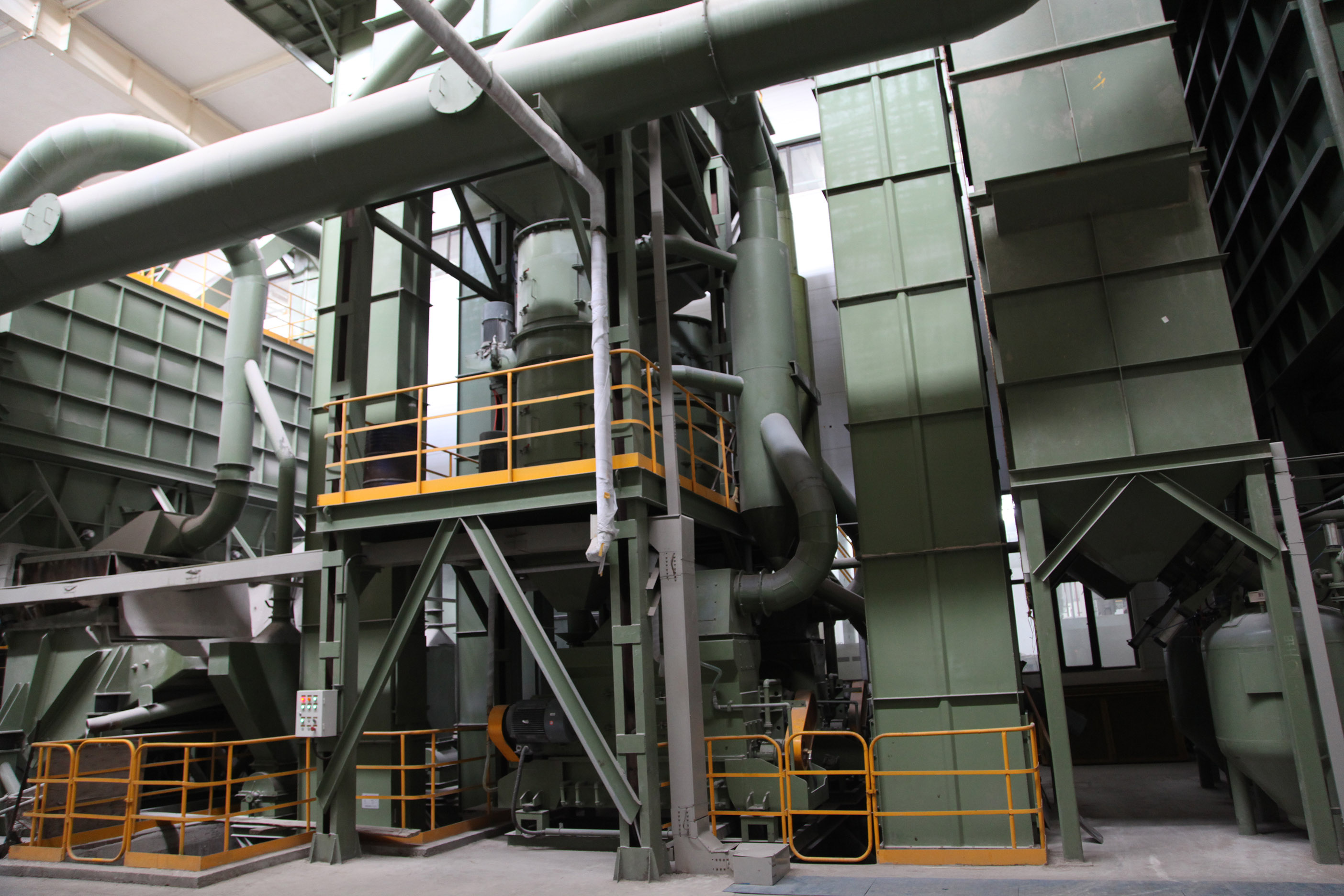- Afrikaans
- Albanian
- Amharic
- Arabic
- Armenian
- Azerbaijani
- Basque
- Belarusian
- Bengali
- Bosnian
- Bulgarian
- Catalan
- Cebuano
- China
- China (Taiwan)
- Corsican
- Croatian
- Czech
- Danish
- Dutch
- English
- Esperanto
- Estonian
- Finnish
- French
- Frisian
- Galician
- Georgian
- German
- Greek
- Gujarati
- Haitian Creole
- hausa
- hawaiian
- Hebrew
- Hindi
- Miao
- Hungarian
- Icelandic
- igbo
- Indonesian
- irish
- Italian
- Japanese
- Javanese
- Kannada
- kazakh
- Khmer
- Rwandese
- Korean
- Kurdish
- Kyrgyz
- Lao
- Latin
- Latvian
- Lithuanian
- Luxembourgish
- Macedonian
- Malgashi
- Malay
- Malayalam
- Maltese
- Maori
- Marathi
- Mongolian
- Myanmar
- Nepali
- Norwegian
- Norwegian
- Occitan
- Pashto
- Persian
- Polish
- Portuguese
- Punjabi
- Romanian
- Russian
- Samoan
- Scottish Gaelic
- Serbian
- Sesotho
- Shona
- Sindhi
- Sinhala
- Slovak
- Slovenian
- Somali
- Spanish
- Sundanese
- Swahili
- Swedish
- Tagalog
- Tajik
- Tamil
- Tatar
- Telugu
- Thai
- Turkish
- Turkmen
- Ukrainian
- Urdu
- Uighur
- Uzbek
- Vietnamese
- Welsh
- Bantu
- Yiddish
- Yoruba
- Zulu
നവം . 23, 2024 16:40 Back to list
Improving Boiler Efficiency for Enhanced Energy Performance and Reduced Costs
Understanding Package Boiler Efficiency
Boilers play a crucial role in various industrial applications, providing essential heat energy for processes such as steam generation, hot water heating, and thermal fluid heating. Among the different types of boilers available in the market, package boilers have gained significant popularity due to their compact design, efficiency, and ease of installation. Understanding package boiler efficiency is vital for industries aiming to reduce operational costs while maintaining optimal performance.
What is a Package Boiler?
A package boiler is a pre-engineered unit designed to deliver steam or hot water for industrial operations in a compact form. Typically, these boilers are factory-assembled and prefabricated, which means they require minimal onsite installation. This feature makes package boilers an attractive choice for many industries, especially where space is limited. They are commonly used in chemical plants, manufacturing facilities, hospitals, and power generation plants.
Importance of Boiler Efficiency
Boiler efficiency is defined as the ratio of useful energy output from the boiler to the energy input, usually expressed as a percentage. The higher the efficiency, the more effectively the boiler converts energy from fuel into steam or heat. This measurement is crucial because it directly influences both operational costs and environmental impact. Inefficient boilers can lead to substantial fuel waste, increased emissions, and higher operating costs, negatively affecting a company's bottom line and its sustainability goals.
Factors Affecting Package Boiler Efficiency
Several factors influence the efficiency of package boilers
1. Type of Fuel The efficiency of package boilers can vary based on the type of fuel used, whether natural gas, oil, or biomass. Each fuel type has distinct combustion characteristics and energy content, impacting overall efficiency.
2. Operating Conditions Boiler efficiency can be affected by operating conditions such as pressure, temperature, and load. Maintaining optimal operating conditions is essential for achieving maximum efficiency.
3. Heat Recovery Systems Incorporating heat recovery systems, such as economizers or condensate return systems, can significantly enhance boiler efficiency. These technologies capture waste heat and reuse it, effectively lowering the amount of fuel needed for operation.
package boiler efficiency

4. Maintenance Practices Regular maintenance is crucial for maintaining high efficiency. Routine inspections, cleaning, and repairs ensure that the boiler operates at peak performance, preventing energy losses due to soot buildup, leaks, or mechanical failures.
5. Control Systems Modern package boilers equipped with advanced control systems can optimize performance through precise monitoring and adjustment of various parameters, including fuel and air supply, temperature, and pressure.
Improving Package Boiler Efficiency
To maximize the efficiency of package boilers, industries can consider implementing several strategies
- Upgrade Equipment Investing in newer, more efficient boiler models can yield significant improvements in energy usage and emissions reduction.
- Training Operators Educating personnel about the importance of operating the boiler efficiently can lead to better decision-making and maintenance practices.
- Conduct Regular Audits Performing energy audits can identify inefficiencies and help organizations implement corrective measures to improve performance.
- Utilize Advanced Technologies Implementing smart technologies, such as IoT and machine learning, can enhance monitoring and predictive maintenance, ultimately leading to improved boiler efficiency.
Conclusion
Package boilers are essential components in many industrial settings, and understanding their efficiency is key to optimizing performance and reducing costs. By focusing on fuel type, operating conditions, maintenance practices, and advanced technologies, industries can significantly enhance boiler efficiency. Investing time and resources in improving these systems not only leads to operational benefits but also contributes to a more sustainable and environmentally-friendly future. As industries continue to evolve, the emphasis on efficiency will remain vital to achieving economic and environmental objectives.
-
Cast Silicon Aluminum Alloy Heat Exchanger Suppliers & Exporters
NewsMay.31,2025
-
Precision Die Casting Services Custom & Machining Parts Supplier
NewsMay.31,2025
-
Stamp Concrete Pipe Mold Bottom Rings Durable & Customizable Designs
NewsMay.31,2025
-
Custom Furniture Hardware Supplies Buy Durable Parts Online
NewsMay.30,2025
-
Custom & ODM Stamp Concrete Pipe Mold Pallets Durable Solutions
NewsMay.30,2025
-
Buy Custom Steel Reinforced Concrete Pipe Bottom Rings & Moulds
NewsMay.30,2025


